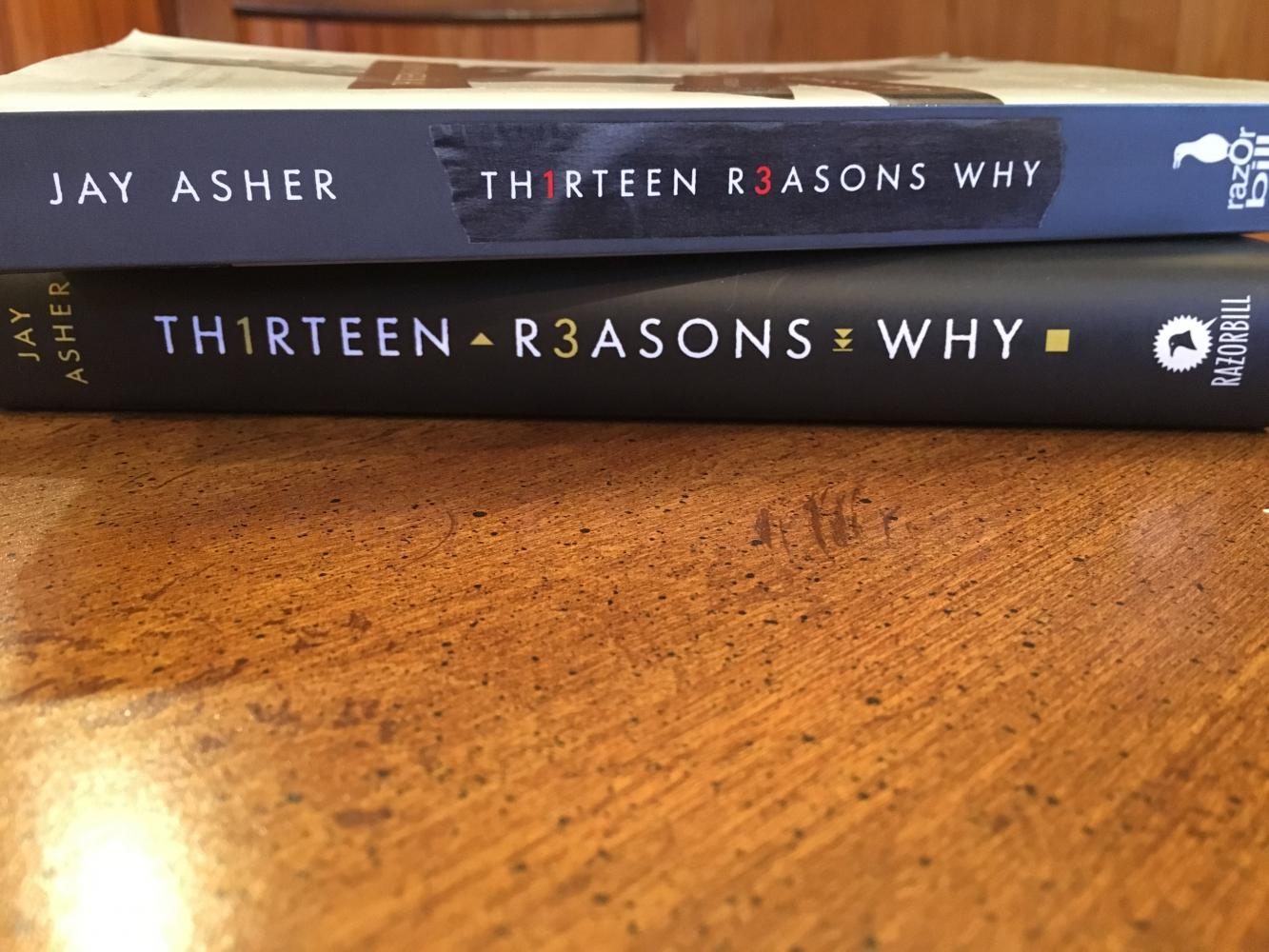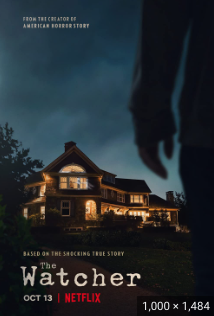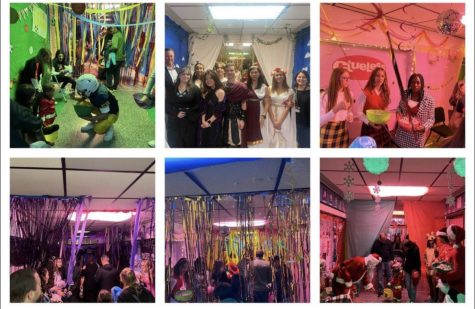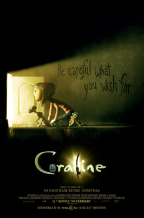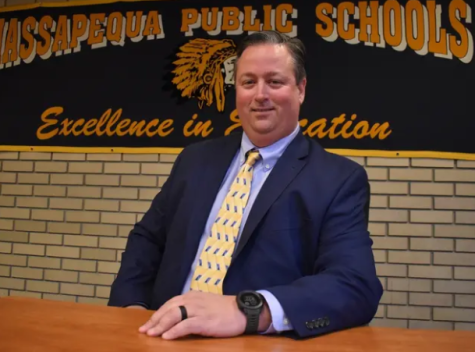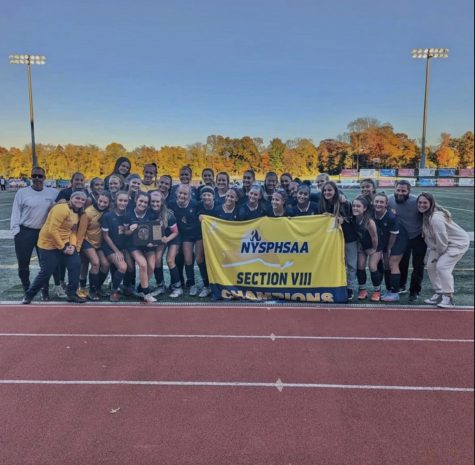13 Reasons Why: welcome to your article
13 Reasons Why: The best-selling novel turns 10
The new Netflix series 13 Reasons Why, based on a 2007 novel of the same name by Jay Asher, has raised significant controversy in school districts across the country resulting from its portrayal of the protagonist’s destructive choices that led to her taking her own life.
Nearly ten years after the book’s release, Netflix released the first season of a new show based on the bestselling novel.
The show tells the story of a seventeen year old girl named Hannah Baker, who decided to take her own life. Before doing so she recorded 13 tapes, one for each of the people that she claimed gave her a reason to commit suicide. On these tapes, Hannah describes her side of the bullying she faced inside and outside of school.
Many teenagers, especially girls face the same problems as Hannah, such as cyberbullying and sexual harassment. In the series and book several photos of her in a make-out session were sent around the school. She was also put on a “hot list”, made by several boys on the basketball team.
As the show’s popularity increased, so did the concerns about its effects on students. In districts across Long Island, administrators began to send letters home regarding the show. “This is real. This is something that needs to be addressed,” Mrs. Iconis said.
An article in The Guardian sheds light on the show’s controversy, “13 Reasons Why is about those of us who are left behind, and how we wish we had done more to be there for a woman in pain. There is much we can do, starting with listening to girls, hearing them and seeing the world they live in.”
After speaking with a school psychologist and other educators, the Massapequa superintendent, Mrs. Lucille F. Iconis, wrote a letter stressing the importance of students not watching the show alone, but rather with a parent, or someone that would be able to answer their questions and “discuss their thoughts as a follow up.”
Many parents had no idea that their children were watching the show. “I got 25-30 phone calls from parents saying ‘Wow thank you so much. I didn’t even know,” Mrs. Iconis said.
Some parents, however, did watch the show with their kids. “I like the show. I thought it was something that was good for parents to watch with their children to open up with the discussion about suicide,” Massapequa parent Patricia Carroll said. “It was a little disturbing but I thought it was something important for teenagers to watch.”
Many parents and students became vocal about the letter, expressing their feelings towards the show’s message, which every person might interpret differently.
Many students believe that the show taught meaningful lessons regarding suicide and mental health. While Hannah believed that each person on the tapes hurt her in someway, viewers were able to see that those people actually cared for her.
“I think the letter the school sent out showed a misunderstanding of the meaning of the show, but I know the district is just trying to help students and inform parents of the serious problems their children could be facing,” sophomore Chelsea Fedele said. “The show, however, would not influence kids to do such a thing as it would more help students with their problems.”
“Everyone experiences these things differently,” said Lindsey Formes, a sophomore. “It is a TV show and obviously dramatized for entertainment purposes.”
As is common in adaptations from book to screen, the show changed several aspects of the book. For example, in the book, Hannah takes too many pills, but the producers of the show chose to dramatically show Hannah slitting her wrists, which had more of an emotional effect on the viewers.
The show explicitly depicts Hannah killing herself, and also shows scenes of rape, which many parents, school officials, and health experts say are not suitable for young, impressionable minds to witness alone, or in general. This has sparked some controversy.
Throughout the show, Hannah feels like she can’t go to her school guidance counselor, Mr. Porter, to talk to him about her suicidal thoughts. This has lead many health professionals to question if the show has an overall positive message. They feel that the show is expressing that students shouldn’t talk to an adult, when in reality, they are strongly encouraged to do so.
“I think they made him [Mr. Porter] not helpful, and that gives a message to kids, ‘don’t go to your guidance counselor or the school social worker or psychologist’ because they’re not going to be helpful,” school psychologist Mrs. Waters said.
The letter from the school also had several resources listed for people who suffer from depression and/or have thoughts of suicide. The school is also prepared to have “more open sessions” and “24/7 support” for struggling students.
Mrs. Iconis advises students to find the person in your life that you’re most comfortable with, and talk to them. “[You] are important, and [you] are worthy to live,” she said. “Advocate for yourself.”
Some viewers believe that Hannah exaggerates some of her problems. Everyone experiences problems differently and these problems can effect everyone in a different way. Many young viewers may relate to Hannah, and believe that every problem they face is something they can’t overcome, which isn’t true.
If you or someone you know is struggling with thoughts of suicide, please speak up. “There’s always a friend to tell,” Mrs. Waters said. “There’s always someone else.”

